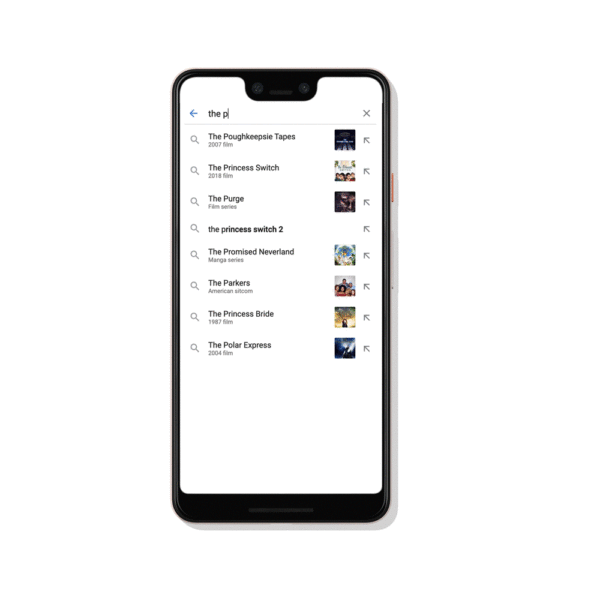Google puts some contextual search features in context
Google is using newish language understanding models specific to leveraging conversational context for these search features.
Google has shared some details around search features it has launched throughout the year that helps searchers search for what it thinks they are looking for. In short, Google is giving us more context around some of its newer contextual search features.
Google did this around the Thanksgiving theme, which is timely in that sense, but these features have rolled out slowly throughout the past year or so.
Suggestions based on recent activity. Back in May, we first covered the suggestions based on previous search history feature. Google has said it “can determine that you’re looking to learn more about preparing and serving a turkey and we’ll provide you with a helpful suggestion at the top of your search results page to get you to what you were actually looking for.” So since your previous search was related to turkey, Google will suggest that with a little addition to the search results:

Related to carousel. This related to carousel is also not new but Google is now talking about it publicly. Google credits its “new language understanding” to be able to provide related carousel that combines two recent searches into more ideas for you. Here is how it looks:

People also ask. Here again, the people also ask is not a new feature. But what Google is doing inside of it with it being able to understand the context of your searches is pretty cool. Google said “prior to introducing these features, if you had searched for “how to make a napkin fan,” Google might have helped you discover additional information by showing you similar questions such as “How do you make a cone napkin?” But now, Google “can source even more relevant questions in the “People also ask” section, like “How do you make a turkey out of a cloth napkin?” Now, after searching for turkey recipes, your upgraded search results can help you find more relevant follow-ups faster and up-level your Thanksgiving tablescape.” Here is what it looks like:

Why we care. Google has given us statements about these search features in the past, but this is one of the first times Google has written about them. In addition, while some of the features are not 100% new, what may be newer is that these features rely on relatively new language understanding models (maybe like BERT) specific to leveraging conversational context.
Related stories
New on Search Engine Land